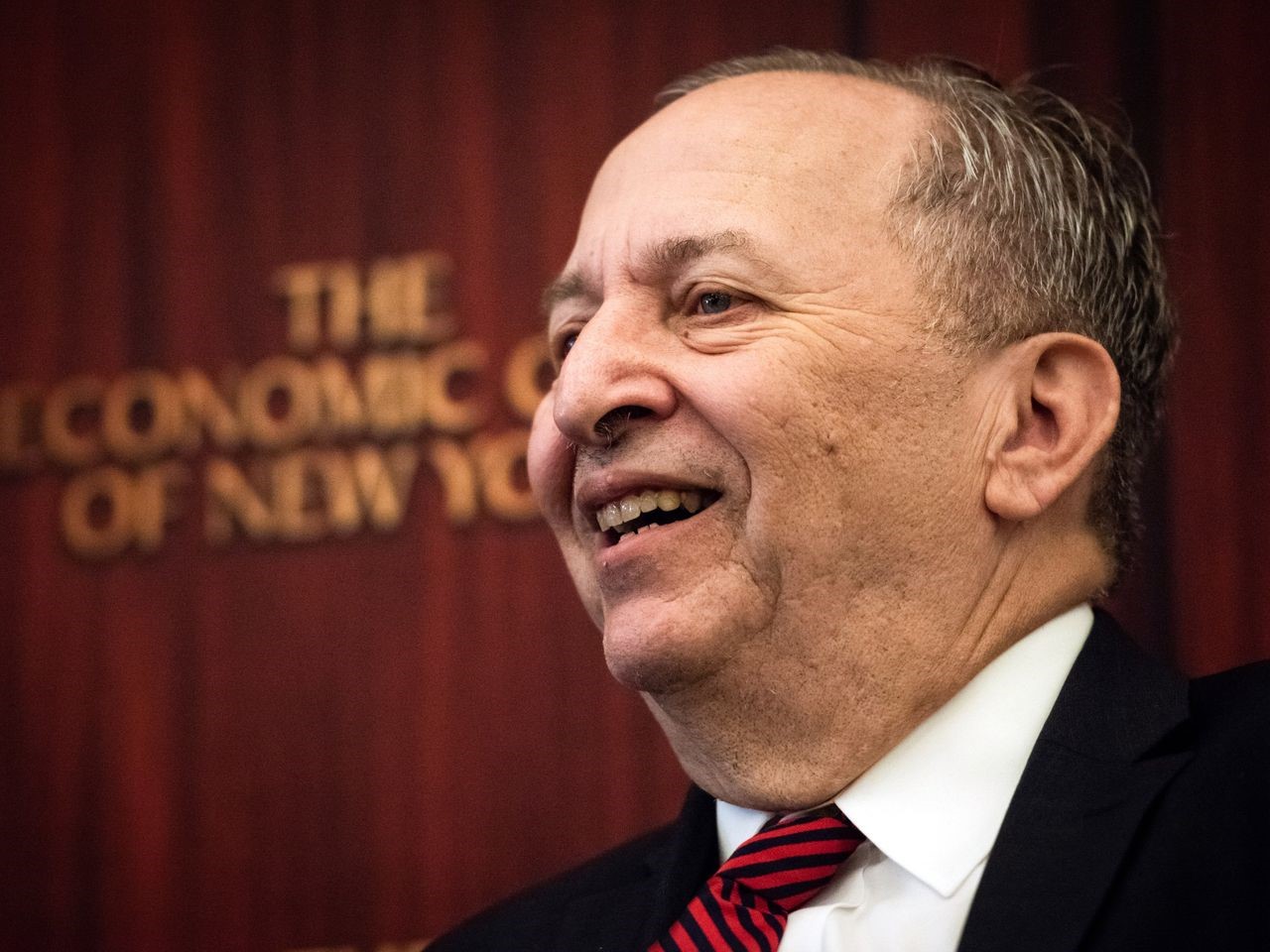
Over the course of a 40-plus-year career, Lawrence “Larry” Summers has seen more than his fair share of major economic downturns, including one as the director of the National Economic Council. In 2009, Summers advised President Obama through the early recovery of The Great Recession, serving to temper the response from being too aggressive. His influence shaped the recovery of the American economy—for better or worse. Now, 13 years later, the esteemed economist is again warning against overspending to overcome the coronavirus-induced crisis, voicing the concern his peers are reticent to reveal.
Time and again, Summers has been called upon to provide necessary advice and dissent, drawing controversy and accolades alike. There is no doubt that he is one of the most significant economists of the millennial era, but he is also a noted academic and researcher in the field. Harvard University has played a central role in both his development and his contribution to academia.
After receiving his bachelor’s degree from the Massachusetts Institute of Technology, Summers achieved his PhD at Harvard in 1982. The following year, he became one of the youngest tenured professors in the university’s history, and soon after, he was awarded the Alan T. Waterman Award of the National Science Foundation (NSF) and the John Bates Clark Medal. After leaving the school in 1991, he served for two years as Chief Economist for the World Bank, where he devised new, effective strategies for delivering aid to developing countries. He served in several roles in President Clinton’s administration, including as Secretary of the Treasury, ultimately working in public service off-and-on for two decades.
In the early 2000s, Summers had a tumultuous five-year term as president of Harvard, which notably coincided with the creation of Facebook and the following controversy. He also led a successful expansion of the school’s faculties and recruited elite academic students, ensuring financial aid to secure their education. After stepping down as president, he accepted the university’s appointment as the Charles W. Eliot University Professor, the school’s most distinguished post. He still teaches economics at Harvard, particularly a course called The Future of Globalization: Issues, Actors, and Decisions. The centerpiece of his class is fierce and rigorous debate, a subject that Summers is more than qualified to teach—especially when the global economy is at stake.
